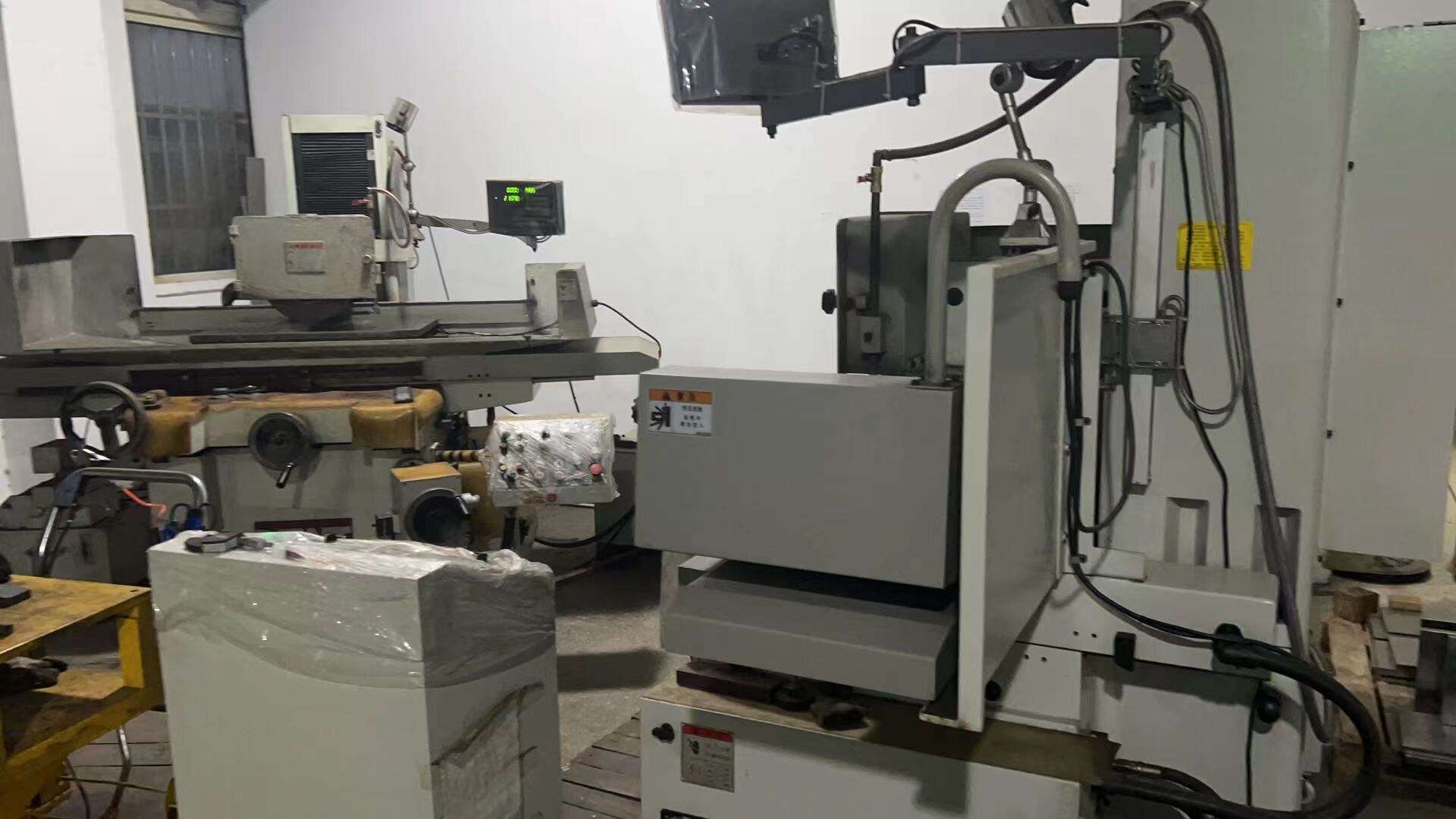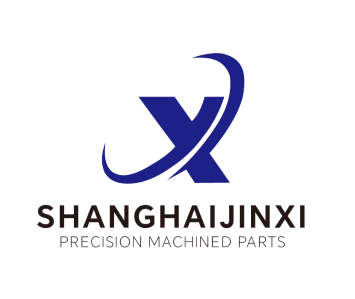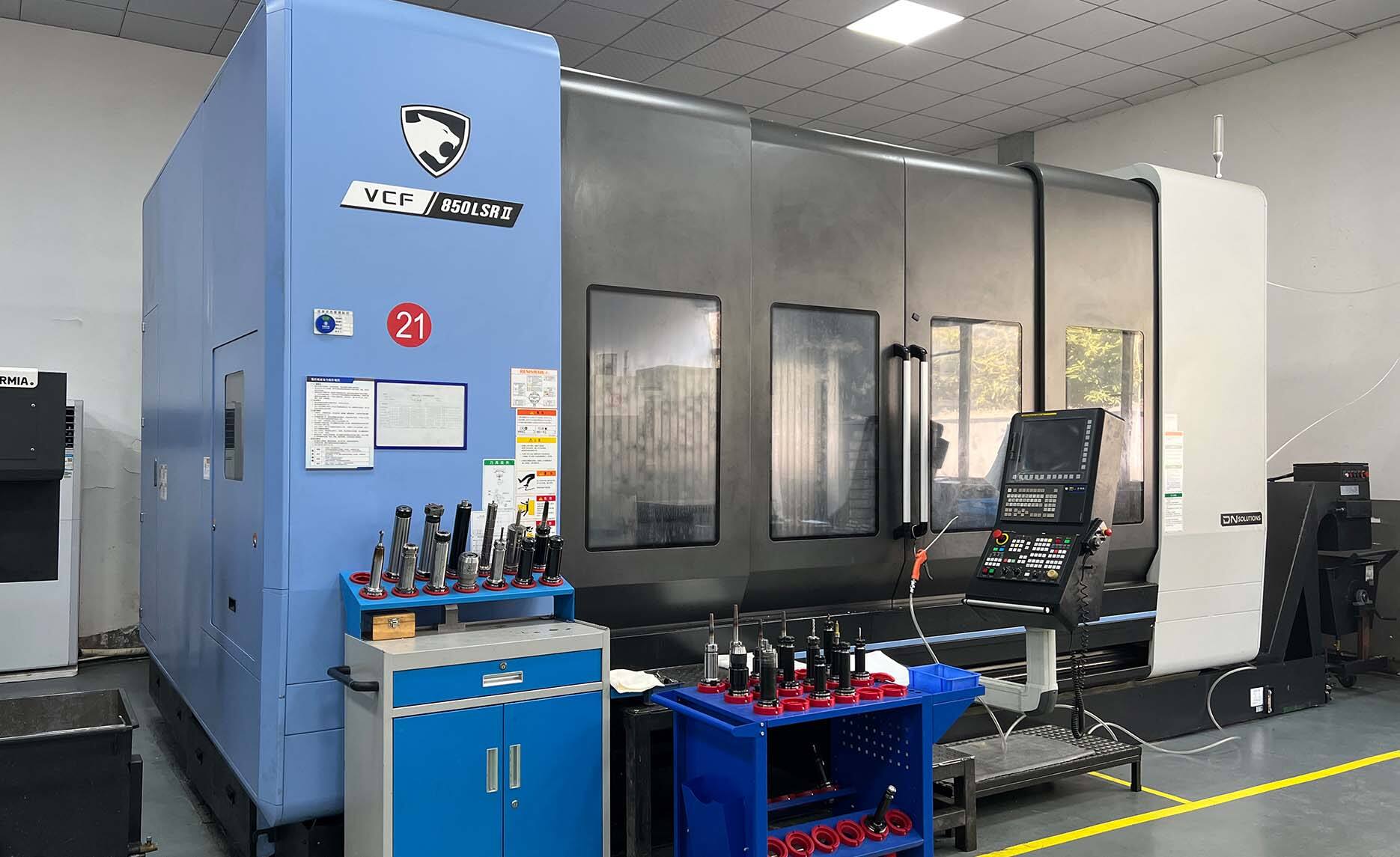The Scope and Advantages of Professional Machining Services
Modern industries depend on precision, efficiency, and consistency when it comes to manufacturing processes. Whether in aerospace, automotive, energy, medical devices, or consumer electronics, the ability to produce components that meet exacting standards determines the success of both products and companies. In this context, machining services play a vital role. They encompass a wide range of processes that remove material from a workpiece to shape it into the desired form, achieving the high accuracy and surface quality required by today’s competitive markets. Professional machining services go beyond basic cutting and drilling; they provide integrated solutions that cover design assistance, prototyping, large-scale production, and quality assurance.
The growing complexity of modern products has placed increased demand on service providers to deliver innovative machining solutions. The scope of professional machining services has expanded significantly thanks to advancements in technology and the rising expectations of industries. These services are no longer limited to traditional milling or turning but include multi-axis CNC machining, grinding, electrical discharge machining, and even hybrid processes that integrate additive and subtractive methods. By offering comprehensive capabilities, professional providers ensure that clients can source everything they need from one trusted partner.
The Scope of Machining Services
Professional machining services cover the full spectrum of material removal processes and are capable of producing both simple and highly complex geometries. Traditional turning and milling remain foundational techniques, but they have been revolutionized by the adoption of CNC (computer numerical control) systems that bring automation, repeatability, and precision. Multi-axis machining centers now allow for the production of intricate parts in fewer setups, reducing the chance of errors and lowering production times.
In addition to conventional operations, professional machining services include grinding for achieving ultra-smooth finishes, drilling and tapping for threaded features, and electrical discharge machining (EDM) for working with very hard materials or creating fine details that cannot be achieved with standard cutting tools. Wire EDM and sinker EDM are widely used in mold making and aerospace applications.
Another area within the scope of machining services is prototyping and low-volume production. Many industries require rapid prototyping to test designs before moving into mass production. Professional providers offer quick turnaround times using advanced equipment and software that translate digital designs into physical parts with minimal delay. This capability enables clients to refine their designs and shorten the product development cycle.
Large-scale production is equally important. Automotive and consumer goods industries often need thousands or millions of identical parts. Professional machining services have the capacity to handle high-volume orders without sacrificing quality. Through the use of automation, robotics, and lean manufacturing practices, they ensure that production runs are efficient and cost-effective.
Professional machining services also extend to material versatility. Providers work with metals such as aluminum, steel, titanium, and brass, as well as engineering plastics and composites. Each material requires unique machining techniques, tool selections, and process optimizations. By offering expertise across multiple materials, service providers can cater to diverse industries without compromising on quality.
Advantages of Professional Machining Services
One of the most significant advantages of professional machining services is precision. Modern industries operate within strict tolerances, often measured in microns. A deviation as small as a fraction of a millimeter can cause assemblies to fail, compromise safety, or reduce performance. Professional providers invest in advanced CNC machines, calibrated tools, and quality inspection systems such as coordinate measuring machines to ensure that every part produced matches design specifications.
Another advantage is efficiency. By using multi-axis machining centers and automation, professional providers can reduce production time and lower costs. Efficient workflows and lean manufacturing practices minimize waste and maximize resource utilization. For clients, this means faster lead times, reduced downtime, and improved profitability.
Quality assurance is also a core advantage. Professional machining services adhere to internationally recognized standards such as ISO 9001, AS9100 for aerospace, or ISO 13485 for medical devices. These certifications demonstrate a commitment to consistency, traceability, and continuous improvement. Rigorous inspection at every stage of production ensures that defective parts are identified early, reducing the risk of costly recalls or failures in the field.
Customization and flexibility are additional benefits. Unlike generic manufacturers, professional providers tailor their processes to the specific requirements of each project. Whether a client needs a single prototype, a small batch of customized components, or a large production run, the provider adapts accordingly. This flexibility allows companies to bring innovative designs to market quickly and with confidence.
Collaboration and engineering support further enhance the value of professional machining services. Many providers work closely with clients during the design stage to optimize parts for manufacturability. Small changes in geometry or material selection can lead to significant cost savings, easier machining, or improved part performance. By offering this expertise, providers become more than suppliers; they act as strategic partners in the product development process.
Durability and reliability of machined parts are also important advantages. Professional machining ensures that surface finishes, tolerances, and material integrity meet the demanding requirements of end-use environments. This is critical in industries such as aerospace, where safety is paramount, or in medical devices, where precision directly impacts patient outcomes.

Integration of Technology and Innovation
Another defining advantage of professional machining services is their embrace of technology and innovation. CAD/CAM software allows seamless transition from design to manufacturing, reducing errors and improving accuracy. Simulation tools predict machining behavior, allowing providers to optimize processes before production begins. Automation and robotics enhance throughput while reducing human error.
Some providers also explore hybrid manufacturing, combining machining with additive manufacturing techniques such as 3D printing. This integration allows for the production of complex parts that would be difficult or impossible to achieve through machining alone. For industries seeking innovation, these capabilities open new possibilities in design and performance.
Cost and Lifecycle Benefits
Although professional machining services may appear more expensive than lower-tier alternatives, they often provide greater value over the long term. High-quality parts reduce the likelihood of defects, failures, and recalls, which can be far more costly than initial production expenses. Efficient processes and reduced lead times contribute to lower overall project costs.
From a lifecycle perspective, professionally machined parts often last longer and perform better, reducing maintenance requirements and downtime. This reliability adds to the total value of the service, particularly in industries where equipment uptime and product performance directly influence profitability.
Conclusion
The scope of professional machining services is broad, covering everything from prototyping and custom solutions to high-volume production across diverse industries. Their advantages lie in precision, efficiency, quality assurance, customization, and long-term reliability. By integrating advanced technology, adhering to international standards, and offering engineering support, these services go beyond simple material removal to become essential partners in modern manufacturing. Businesses that rely on professional machining services can expect not only superior parts but also greater innovation, stronger supply chains, and a competitive edge in their markets.
FAQ
What industries use machining services most?
Industries such as aerospace, automotive, energy, medical devices, consumer electronics, and industrial equipment rely heavily on machining services.
What makes professional machining services different from basic providers?
They offer higher precision, advanced technology, strict quality control, material versatility, and engineering support.
Can machining services handle both small and large production runs?
Yes, professional providers adapt to client needs, offering prototypes, small batches, or large-scale production as required.
What certifications should I look for in machining services?
Certifications such as ISO 9001, AS9100, or ISO 13485 indicate adherence to international quality standards.
Are professional machining services cost-effective?
Yes, while initial costs may be higher, they provide long-term savings through efficiency, reduced defects, and extended product lifespan.
Do machining services work with plastics as well as metals?
Yes, professional providers machine a wide range of materials, including metals, engineering plastics, and composites.
Can machining services help with product design?
Many providers offer design-for-manufacturing support, helping clients optimize parts for cost, performance, and manufacturability.
How do machining services ensure accuracy?
They use advanced CNC machinery, calibrated tools, and rigorous inspection systems such as coordinate measuring machines.
What role does technology play in machining services?
Technology such as CAD/CAM, automation, and hybrid manufacturing improves accuracy, efficiency, and innovation.
Why should businesses choose professional machining services?
Because they deliver precision, quality, efficiency, customization, and reliability that basic providers often cannot match.
Table of Contents
- The Scope and Advantages of Professional Machining Services
- The Scope of Machining Services
- Advantages of Professional Machining Services
- Integration of Technology and Innovation
- Cost and Lifecycle Benefits
- Conclusion
-
FAQ
- What industries use machining services most?
- What makes professional machining services different from basic providers?
- Can machining services handle both small and large production runs?
- What certifications should I look for in machining services?
- Are professional machining services cost-effective?
- Do machining services work with plastics as well as metals?
- Can machining services help with product design?
- How do machining services ensure accuracy?
- What role does technology play in machining services?
- Why should businesses choose professional machining services?

